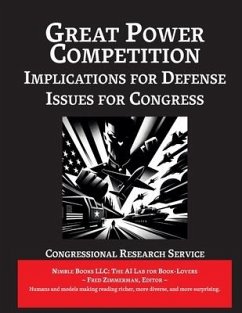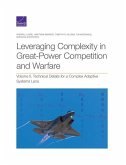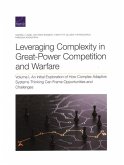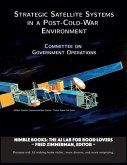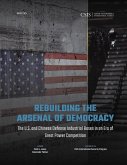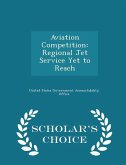Space power is a core element of great power competition in the 21st century. This Congressional Research Service report provides essential context for readers wanting to understand national government perspectives on international relations. This document discusses the implications of intensified competition between the United States and China and Russia, referred to as great power competition (GPC) or strategic competition, on U.S. defense issues. It highlights various elements that are now at the center of discussions on U.S. defense, including grand strategy, force-planning standards, organizational changes within the Department of Defense, nuclear weapons and deterrence, global military posture, military capabilities in the Indo-Pacific region and Europe, new operational concepts, high-end conventional warfare, maintaining U.S. superiority in conventional weapon technologies, innovation and speed of weapon system development and deployment, mobilization capabilities, supply chain security, and countering hybrid warfare and gray-zone tactics. The document emphasizes that Congress plays a crucial role in determining how U.S. defense planning and budgeting should respond to GPC and whether to approve, reject, or modify the Biden Administration's defense strategy and proposed funding levels. These decisions could have significant implications for U.S. defense capabilities, funding requirements, and the defense industrial base. The document also discusses the concept of Great Power Competition (GPC) and its implications for defense. It highlights the acknowledgment of GPC in the strategies of the Obama, Trump, and Biden administrations. The Biden Administration's National Security Strategy (NSS) identifies two strategic challenges: the end of the post-Cold War era and the competition between major powers, and the shared challenges faced by people worldwide. The NSS emphasizes the increasing risk of conflict between major powers and the challenges posed by China and Russia's behavior. It mentions Russia's immediate threat to the international order and Ukraine, while China seeks to reshape the international order and create a world conducive to its autocracy. The document also emphasizes the need for the United States to modernize and strengthen its military to compete with major powers and address shared challenges. This annotated edition illustrates the capabilities of the AI Lab for Book-Lovers to add context and ease-of-use to manuscripts. It includes five types of abstracts, building from simplest to more complex: TLDR (one word), ELI5, TLDR (vanilla), Scientific Style, and Action Items; three essays to increase viewpoint diversity: Grounds for Dissent; Red Team Critique; and MAGA Perspective; Notable Passages and Nutshell Summaries for each page; and specially commissioned essays by the Space Sentinel GPT to provide insight on the implications of this report for Space Force and for enlisted Guardians in particular.
Hinweis: Dieser Artikel kann nur an eine deutsche Lieferadresse ausgeliefert werden.
Hinweis: Dieser Artikel kann nur an eine deutsche Lieferadresse ausgeliefert werden.

